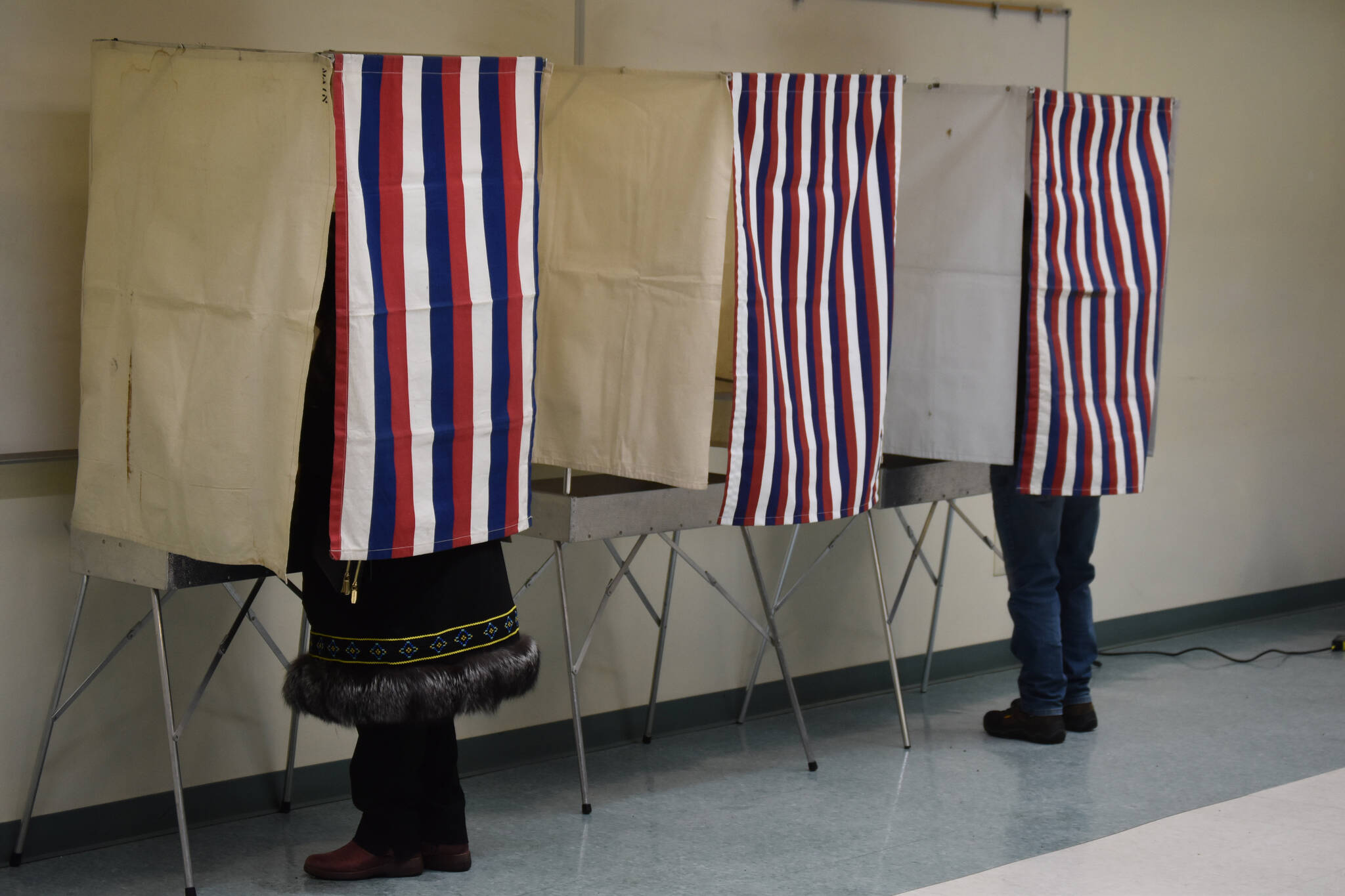What is your voting story? No matter who you are, you probably have one, whether personal or historical.
A few years ago, I came across the “Ocoee Massacre,” which the Orange County History Center calls “the largest incident of voting-day violence in United States history.”
Ocoee is 10 miles from Orlando, Florida, and is pronounced Oh-KOE-ee.
There are numerous accounts about the massacre and the number of lives lost. But facts remain. Starting the evening after the polls had closed on Nov. 2 and into the morning, much of the Black neighborhood in Ocoee was burned down. “The fire destroyed more than 20 houses, two churches, and one fraternal lodge.” An unknown number of Black people were killed during this period of unrest. (Reports range between three and 60.)
The events not in question are the following: On the morning of Nov. 2, 1920, Mose Norman would go into Precinct 10 twice that day and try to vote. The presidential election was between Warren Harding and James Fox. This would be the first election in which all women got the right to vote, as the 19th Amendment passed the year before. This was also the first election since the end of World War I, in which many Black soldiers served.
In Ocoee, there had been a Black voter drive that drew the attention of the KKK, who marched right before election day to tell Black voters that if they went to vote, there would be trouble.
The first time Mr. Norman went to vote, he was turned away. Stories vary. One was that he could not afford the poll tax. He came back a second time. But first, he drove to Orlando to talk to John Cheney, a lawyer who had been helping with Black voter registration and also running for a U.S. Senate seat. (He lost.) Mr. Cheney told Mr. Norman to get the names of those obstructing him from voting and those who had been turned away.
This time, when Mr. Norman returned to vote, he was chased away. (Stories of a shotgun were widespread.) He ran to July Perry’s house. The Orange County Police went to arrest Mr. Perry and Mr. Norman. In this encounter, two white men were killed trying to get into the house. Mr. Perry was wounded but was able to escape; he was later found and shortly after was lynched. Mr. Norman had left the house before the Orange County police had arrived. Hours later, a posse reported to be between 100-200 men secured the house, and then the mayhem continued as reports of killing and burning in Ocoee were recorded by Black residents.
Soon after, the Black population left Ocoee. At the time of the massacre, the number of Black people living in Ocoee, according to the 1920 census, was 255 African American residents. In the 1930 census, there were two.
In 2018, white and Black voters visited Mr. Perry’s gravesite in Orlando and left their “I-voted” stickers on his tombstone.
Voting is crucial for democracy to work. The Ocoee Massacre reminds us that voting has a long and challenging history. KPV honors all opinions about voting. (I have been humbled by stories on why people vote or don’t vote.) We come from different backgrounds and situations; being human is our connection. Not voting is also a voice. All voices need to be heard and honored. Every voice counts.
Early voting for the Aug. 20 primary began Monday, Aug. 5. This is a pick-one, open-ballot primary; the top four candidates will advance to the general election on Nov. 5.
If you have any questions about this election, call the Alaska Division of Elections at 907-465-4611.
Here are some helpful links:
Division’s main page about the primary: www.elections.alaska.gov/election-information/#PRIM
Where to find your sample ballot: www.elections.alaska.gov/sample-ballots/ballot/24prim2/
Where to find an early voting location: www.elections.alaska.gov/absentee-and-early-voting/
Alex Koplin is a founding member of Kenai Peninsula Votes. Kenai Peninsula Votes is a group of citizens that helps educate people about voting. We are strictly nonpartisan. For more information about elections or KPV, please contact us at kenaipeninsulavotes@gmail.com.

